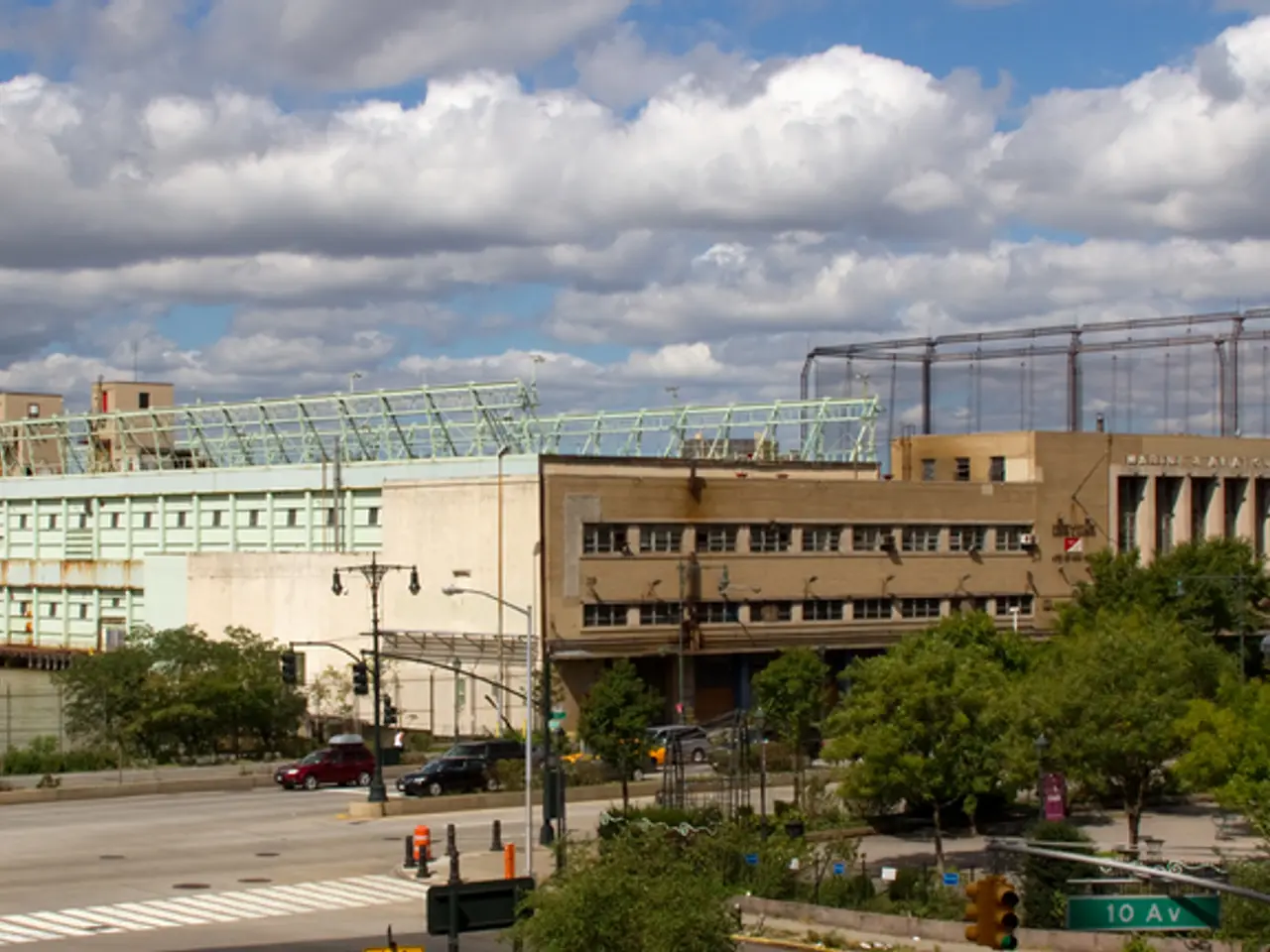AI-Driven Energy Savings: European Cities Optimize Energy Usage and Reduce Consumption, According to ICLEI
In the heart of Europe, a green revolution is underway, and artificial intelligence (AI) is playing a pivotal role. From district heating optimisation to energy-efficient urban planning, AI is transforming cities across the continent.
AI systems are now capable of identifying pipeline leaks, forecasting demand trends, and adjusting the heating supply, making district heating more efficient and sustainable. This technology is not limited to energy management; it can also integrate with renewable energy sources such as solar and wind to predict weather patterns and energy demand, allowing excess energy to be stored for later use.
ICLEI Europe, an association of local and regional governments committed to sustainable urban development, is facilitating this transition. By supporting and promoting the adoption of sustainable practices, ICLEI Europe ensures inclusivity and environmental benefits while helping cities integrate AI into energy management, urban planning, and decision-making processes.
The COSMIC project, a collaboration with over 20 European partners, is developing AI-driven tools for resource management, circular economy principles, inclusive energy transitions, and sustainable maritime transportation. COSMIC estimates that if successfully implemented, energy use in transportation, industries, and buildings could be reduced by 10% to 20%.
The European Green Deal and the Renovation Wave aim to advance smarter, greener, and more inclusive energy systems in Europe. Cities such as Lappeenranta in Finland, Valencia in Spain, Vilnius in Lithuania, Nottingham in the UK, Wolfsburg in Germany, Lisbon in Portugal, and Bucharest in Romania are already leveraging AI to boost energy efficiency and improve local energy planning and decision-making for sustainability.
Smaller cities and startups can also participate in this AI-driven revolution. Open calls for startups and small enterprises have been issued by COSMIC, providing funding and coaching opportunities. Projects like COSMIC have the potential to improve living conditions for millions of homes, create jobs, and lower prices while accelerating Europe's transition to carbon neutrality.
AI-driven solutions can help households afford power and heating by increasing efficiency, cutting waste, and lowering energy expenses. This is particularly important for the 50 million EU people living in energy poverty. AI can control lighting, heating, and cooling in both public and private buildings, saving energy and lowering pollutants.
Moreover, AI-powered systems could be used for personalised energy management in homes, adjusting electricity and heating usage according to user preferences. Citywide Energy Dashboards could be developed, allowing people and legislators to monitor energy use in real time.
AI also helps industries manage their energy use, minimise idle time in transportation systems, and optimise logistics. Across Europe, cities are modernising public lighting using AI-enabled IoT technology and LED upgrades to reduce energy consumption and enhance safety and environmental performance.
Lastly, AI can facilitate cross-border energy cooperation among European nations to share renewable capacity and stabilise demand. Dr. Emily Greenfield, a highly accomplished environmentalist with over 30 years of experience, emphasises the importance of raising awareness about environmental issues and promoting sustainable practices.
As Europe embarks on its journey towards carbon neutrality, AI is proving to be a powerful ally in creating smarter, greener, and more inclusive cities.
Read also:
- visionary women of WearCheck spearheading technological advancements and catalyzing transformations
- Recognition of Exceptional Patient Care: Top Staff Honored by Medical Center Board
- A continuous command instructing an entity to halts all actions, repeated numerous times.
- Oxidative Stress in Sperm Abnormalities: Impact of Reactive Oxygen Species (ROS) on Sperm Harm








